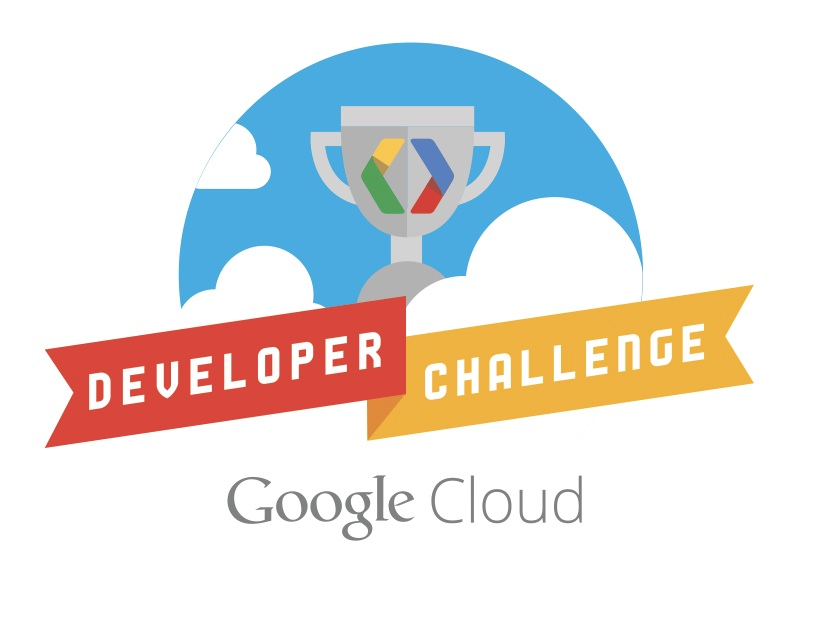

PHP on Google App Engine
- App Engine supports PHP 5.4
- Over 35 built-in extensions
- Familiar MySQL database interactions
- Must be pure PHP, no custom C libraries
- Support for Google Cloud SQL and Google Cloud Storage
Getting started
To setup your development environment:
- Install Python 2.7 (required for SDK tools)
- Install PHP 5.4 (the php-cgi binary is required)
- Install the Google App Engine SDK for PHP
- Install the MySQL server (required for local testing)
Creating a PHP application
- Create a directory for your application
- Create an
app.yamlfile (your app config)- Maps URLs to files in your application
- This sample has a static
imagesdirectory and a single PHP called on access of any URL - The
applicationitem is the application ID in App Engine
application: helloworld-php
version: 1
runtime: php
api_version: 1
handlers:
- url: /images
static_dir: images
- url: /.*
script: index.php
Writing the PHP code
- Create some PHP files, and map them in your
app.yaml - The sample snippet below just prints a message based on the time
<?
print('<p>Hello GAE-PHP world!</p>');
if (time() % 2 == 0) {
print('<p>You visited on an even-numbered second since epoch</p>');
} else {
print('<p>You visited on an odd-numbered second since epoch</p>');
}
?>
Test your application locally
- Run the development application server
dev_appserver.py --php_executable_path=<path to php-cgi> <path to application directory>
- Visit localhost:8080 in your browser
- If you're using Cloud SQL
- Make sure MySQL is started locally
- Set the database host in your code based on whether the app is running locally or live
if (isset($_SERVER['SERVER_SOFTWARE']) &&
strpos($_SERVER['SERVER_SOFTWARE'],'Google App Engine') !== false) {
// Set to the CloudSQL Host spec
} else {
// Set to localhost
}
Deploy to App Engine
- Create an App Engine application
- Set the application ID to match what's in
app.yaml - Right now, you'll need to have your account whitelisted for PHP deployment
appcfg.py update <path to application directory>
- Visit yourappid.appspot.com in your browser
Summary
- Once you're set up for PHP on App Engine development, it's quick and easy to iterate
- The documentation is excellent (examples to help you get started)
Useful links:
<Thank You!>
